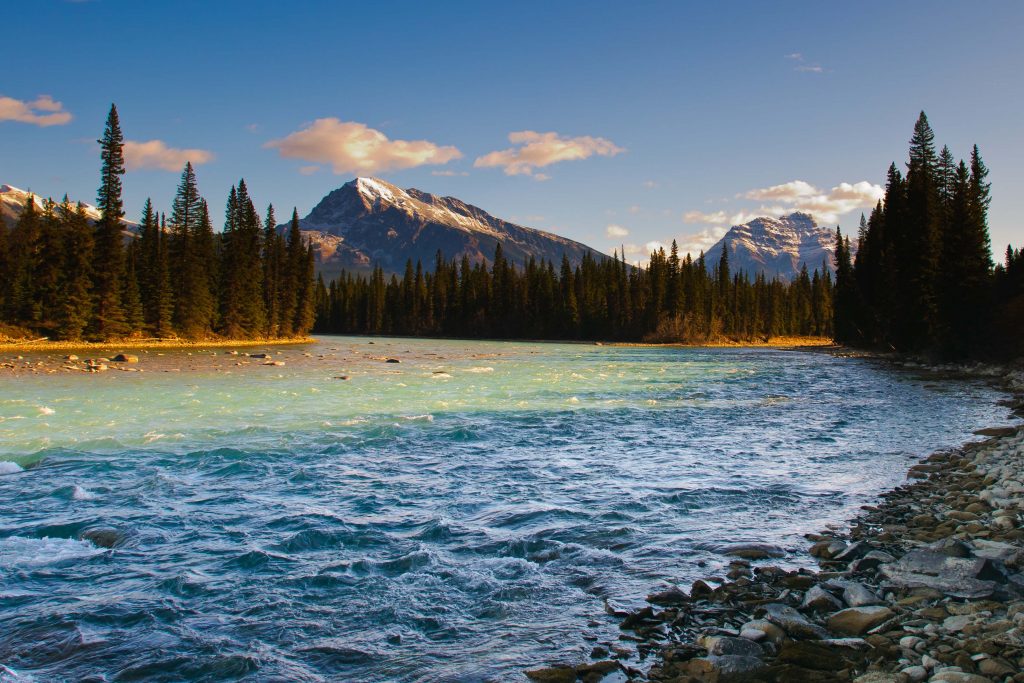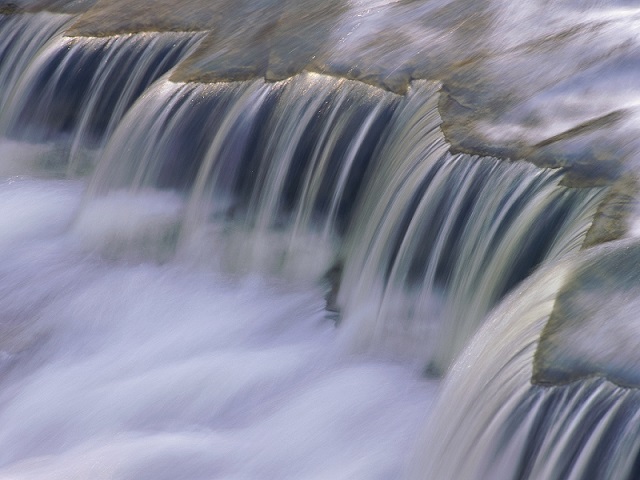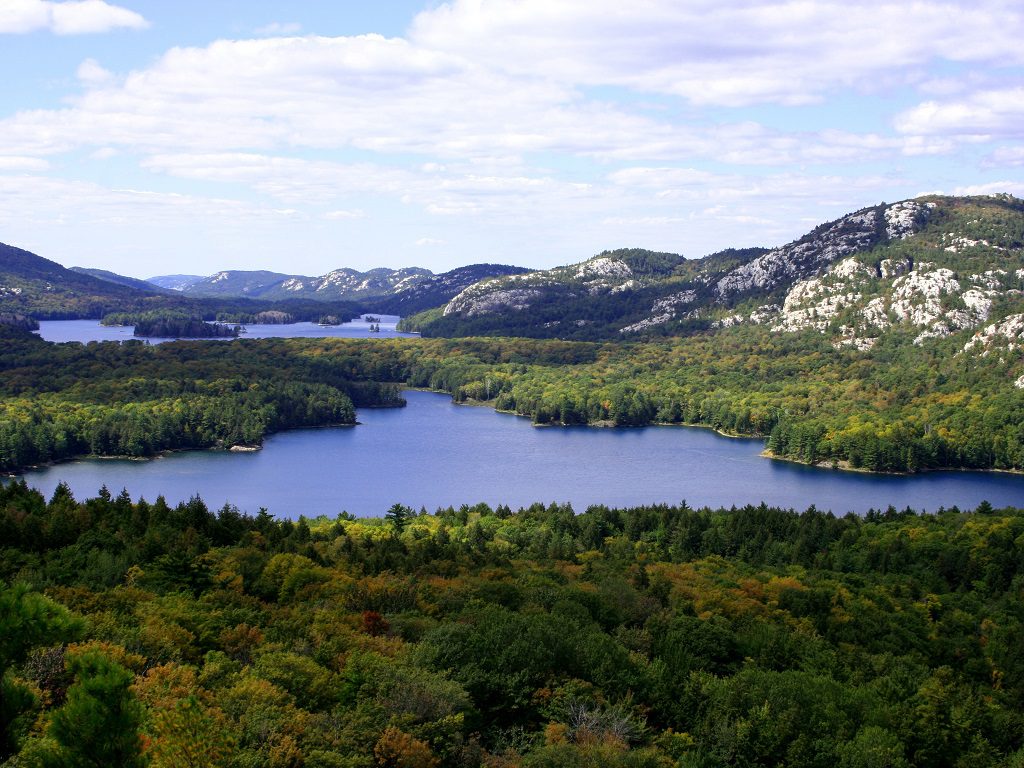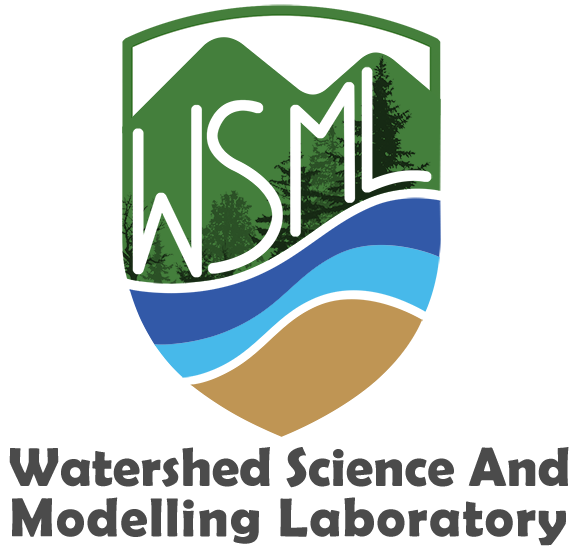Water Quantity

Fundamental research in Watershed Science and Modelling Laboratory aims to utilize physical and process-based eco-hydrological models to study the soil-plant-water-atmosphere system to address dynamics of water resources under uncertain variability and change in future climate. For this aspect, the research focus is to improve spatially explicit assessment of dynamic water resources components including blue water (i.e., surface and ground water), green water (i.e., soil water and evapotranspiration), fossil water (i.e., glaciers and ground water) and virtual water (i.e., water embedded in traded commodities) under global climate change scenarios.
The WSML supports applied research to address water supply and demand issues and to study water availability, water reliability and scarcity, and water demand of different sectors (e.g., agriculture, oil & gas, municipality, industry, and environment). The lab members apply models to analyze alternative management options to realize opportunities and risks during periods of water surplus and scarcity in the past and in the future linking climate change effects of water supply-demand to economic prospects. A broad range of models, datasets, and approaches are used to study integrated water resources management and the water-food-energy-environment nexus. These topics are understudied and increasingly important for the development of sustainable resource management not only in Alberta and in Canada, but also in other jurisdictions around the world.
Water Quality

Assessment and prediction of “water quality” is key to sustainable watershed management. The Watershed Science and Modelling Laboratory seeks researches to understand processes associated with nutrient cycling and other water pollutants, their fate and transport throughout the watersheds. The focus is an integrated assessment of processes involved in hydrology, surface/ground water interactions, and water pollutants. The outcome is to develop Decision Support System which is capable of assessing water resources holistically. The lab provides an ideal environment to support researches of this kind in the future, and it promotes collaboration with other researchers who have similar interests on detecting and assessing the pollutants’ concentration (e.g., metals, nutrients, pesticides, bacteria, etc.), and their fate and transport throughout the watersheds. The WSML is currently seeking grants to support integrative water quality research projects.
Climate Change and Variability

Climate change and variability are threatening the water resources. It is reported that climate change will increase the melting rate of glaciers in Western Canada, leaving less water for drinking, crop irrigation and other uses. Climate change may also be causing the higher evaporation rates that are leading to low water levels in lakes, thereby negatively affecting population and economic activities. Furthermore it can affect functionality of wetlands which are key environmental features naturally controlling global warming.
The “global warming” and “natural variability” are key factors altering water resources in North America. A thorough analysis of impacts on hydrology, water quantity, and quality that addresses interactive, dynamic, and combined effects of both climate change (due to global warming) and natural variability (due to large scale modes of climate variability e.g., Pacific Decadal Oscillation-PDO) on water systems is exceptionally pursued in WSML through our on-going and future research projects.
The long-term plan in the Watershed Science and Modeling Laboratory is to extend our current research focus from Alberta scale to Canada-wide and North America, to assess water, food, energy relationships at a larger (regional/ national) scale and to explore Canada’s role in future national and global water-food-energy-environment nexus under changing water and climate.
